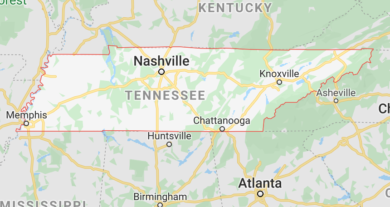Tennessee Governor Bill Lee knows how important it is to bring broadband to rural areas – he claims he doesn’t have internet service at home either. The Chattanooga Free Times reports that Gov. Lee wants to add another $25 million to next year’s broadband budget. He set aside $20 million in his first year in office and is eager to keep the ball rolling.
The Tennessee Broadband Accessibility Grant program launched in 2017, and has so far spent $45 million in its broadband outreach to rural Tennessee. During his State of the State address, the governor addressed his wife saying, “Maria, maybe this will be the year we finally get broadband on the farm.” Given Tennessee’s proactive stance, it could happen.
State funding, federal grants, and cooperative telecoms have worked together to extend the scope of broadband service in Tennessee, but there are still many households without service. “What’s clear from our research is that states taking on this issue with funding matters,” stated Kathryn De Wit, manager of the broadband research initiative at The Pew Charitable Trusts. “It’s a national problem that is felt at the local level and it requires every level of government cooperating and collaborating together in order to close the digital divide.”
“More and more policy makers are seeing why broadband really matters,” De Wit added. Crystal Ivey, Tennessee Department of Economic and Community Development’s broadband director concurred, saying, “It’s not nearly enough to meet the need, which we know is billions of dollars. In the first three years of the grant, we had $190 million of grant requests for $45 million of funding so clearly we are showing there is a demand for this kind of funding and the providers in these communities are seeking this kind of assistance in getting service out to these underserved areas.”
Ivey commended Tennessee’s investment in infrastructure and digital literacy. She noted the state’s “boots on the ground approach” that has united assistance at different levels, from over $28 million in federal grants, all the way down to support from local libraries.





Reader Interactions